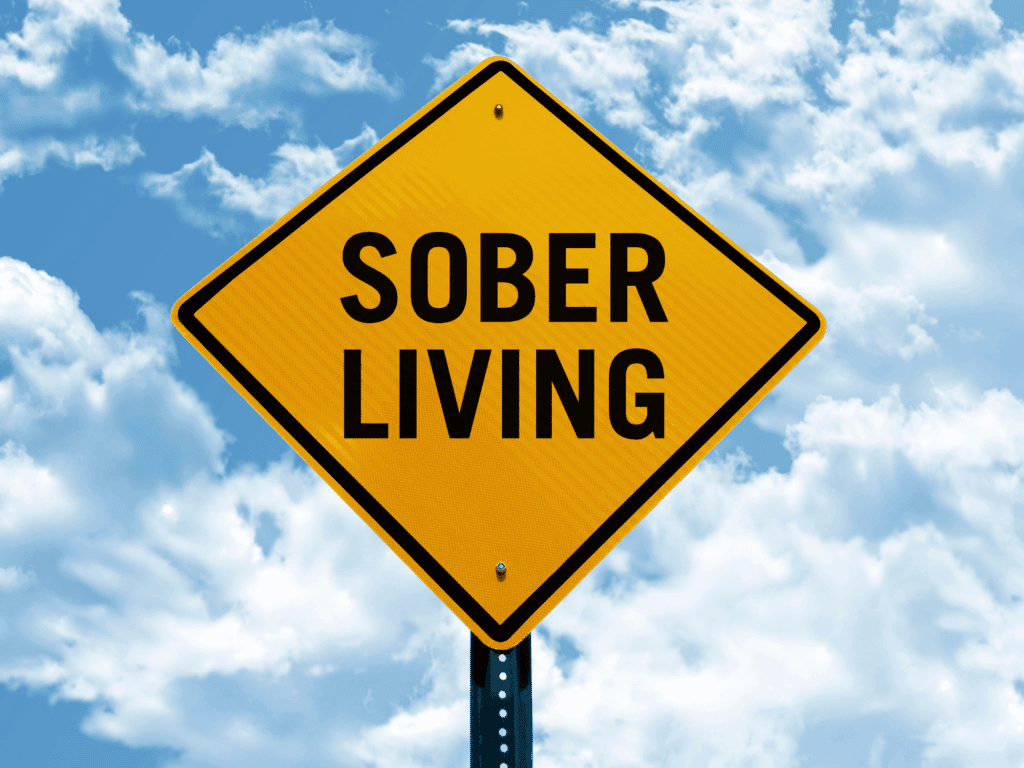Staying sober after spending a significant amount of time on a substance abuse problem can often be a bit of a challenge, however the truth of the matter is that the hardest part of your recovery is already done—the treatment phase. Now that you have acquired all the necessary skills to keep yourself from using in the future, you can adopt specific lifestyle changes that keep you focused on your overall goal of living substance-free.
Tips on Staying Sober
Every recovering user is going to develop their own set of rules to follow as they work towards relapse prevention and long-term sobriety. However, there are some main staples to remember when your time comes to say goodbye to your addiction and welcome your sober life with open arms. Some of the best ways to stay sober after addiction include:
- Manage your stress – Everyone gets stressed from time to time, and with your most recent journey you are likely to have more stress than normal. Therefore, it is crucial that you develop ways to manage your stress in a healthy way so you do not turn to drugs for release. This can include participation at a gym, playing a sport, cooking, working on crafts, and more.
- Prepare for temptation – Understand from the start that there is no possible way for you to live the rest of your life without running into temptation to use again. This is completely normal, however being prepared will help you say ‘no’ and move forward. You can do this by having an exit strategy for uncomfortable public situations, distancing yourself from old friends who are still using, and reminding yourself why you got sober in the first place.
- Stay connected to treatment – Just because your time in rehab is over does not mean that you can’t keep receiving treatment. By joining a support group and/or continuing services with an outpatient facility, you can talk about the challenges that you face in your newly-sober life and develop specialized skills that can help you through the tough times.
By following these three basic guidelines to staying sober, you can keep yourself sober for longer. You can also begin incorporating these tips into your life as well as develop your own specific tips that can help you prevent relapse and/or start using all over again.
Additional Help
Staying sober is not an easy thing to do, therefore tips such as these work best when combined with a more detailed post-treatment plan. By working with your therapists, including your family in your recovery and relying on your support system, you can stay sober through the help of these tips combined with a specialized recovery program and strong support system.
Author
-

President, CEO & Founder at Northbound Treatment Network
Paul Alexander is the CEO, President & Founder of Northbound Treatment Network in Newport Beach, California. He believes wholeheartedly in transformational leadership, organizational health and effective, fully integrated substance use disorder and mental health treatment. With over 27 years of experience in behavioral healthcare, Paul has extensive knowledge of “in vivo” treatment modalities, clinical development, operations, strategy, marketing and financial planning. He has been widely recognized for his development of collegiate-based residential treatment programs for students in recovery and authored a research study at The University of California confirming this modality’s effectiveness.
Paul’s comprehensive professional experience, willingness to innovate, and emphasis on organizational health are vital factors in Northbound’s continued success. Paul received his Certified Addiction Treatment Specialist training at Saddleback College in Mission Viejo, CA, and was awarded Outstanding Alumni Service Award in 2002. Paul holds a Bachelor of Arts degree in Criminology, Law and Society, Summa Cum Laude, from University of California, Irvine, and a Juris Doctorate degree from Loyola Law School of Los Angeles. Paul currently serves on The National Association of Addiction Treatment Providers (NAATP) board. In addition, he serves on The Family Recovery Foundation board and The CarePossible board in Orange County; both organizations are committed to raising funds for family recovery and treatment for former military personnel. Paul is in recovery himself and lives in Orange County with his wife Silvana and his two young sons, Noah and Dean.







